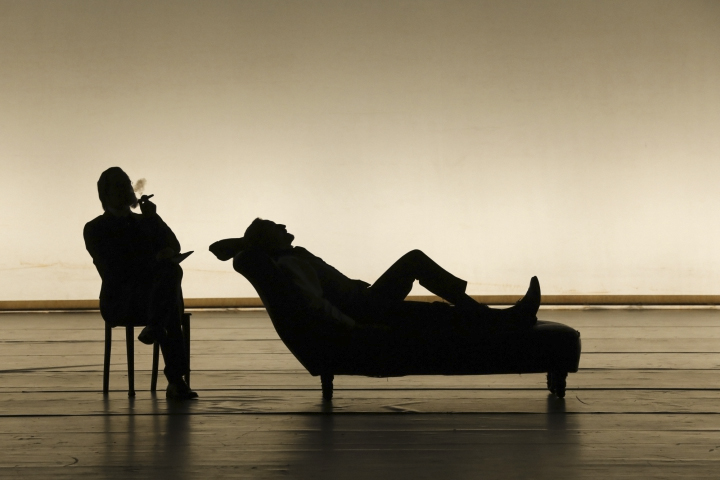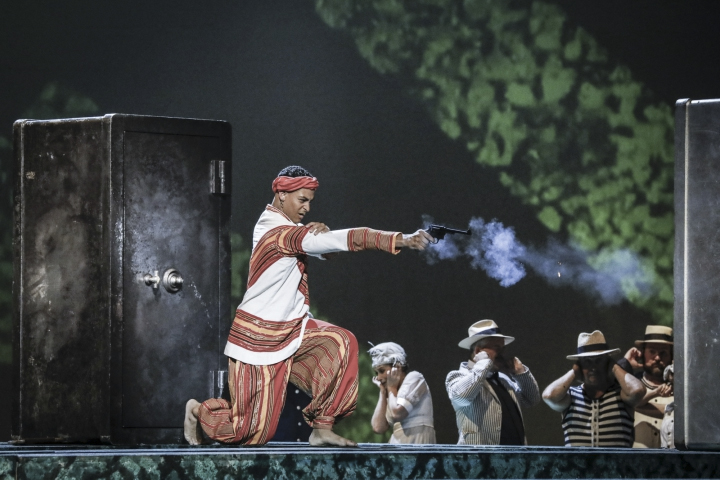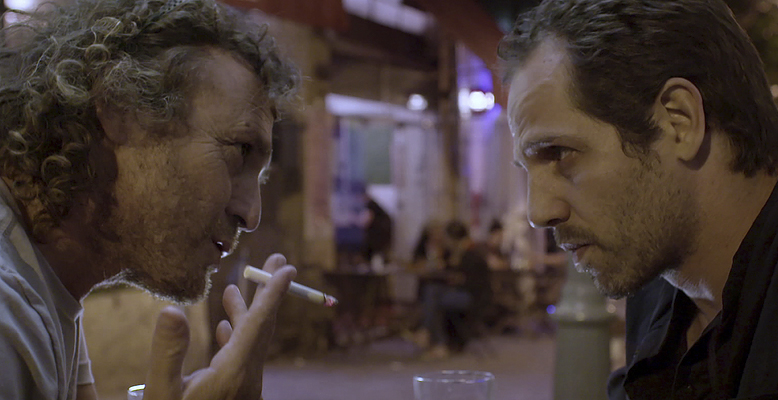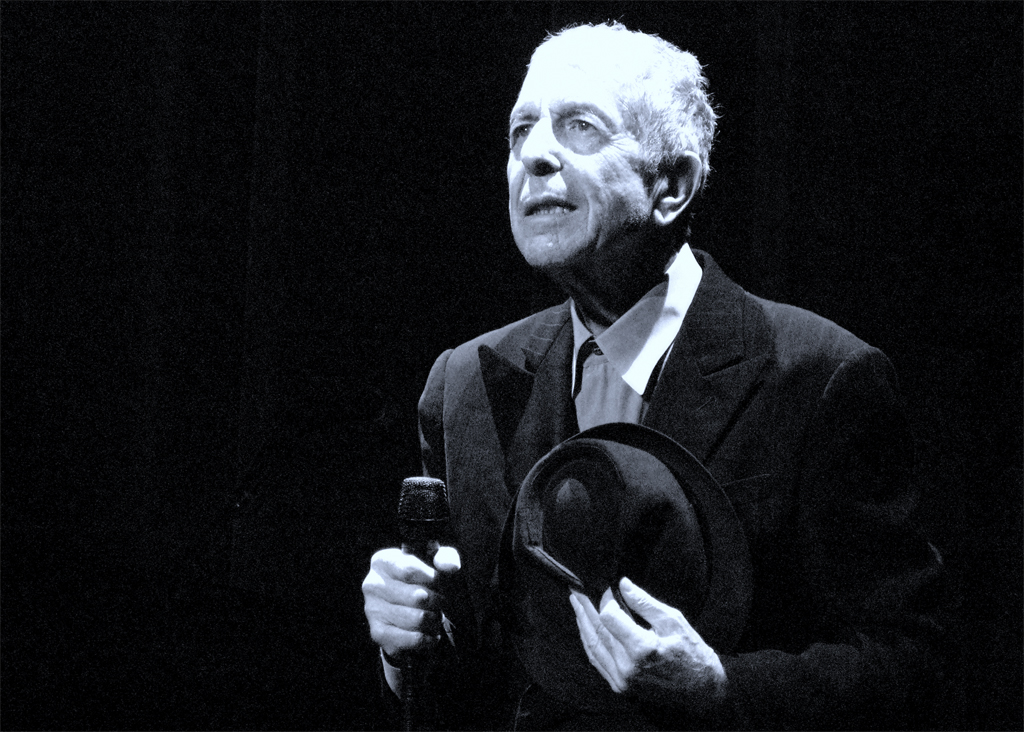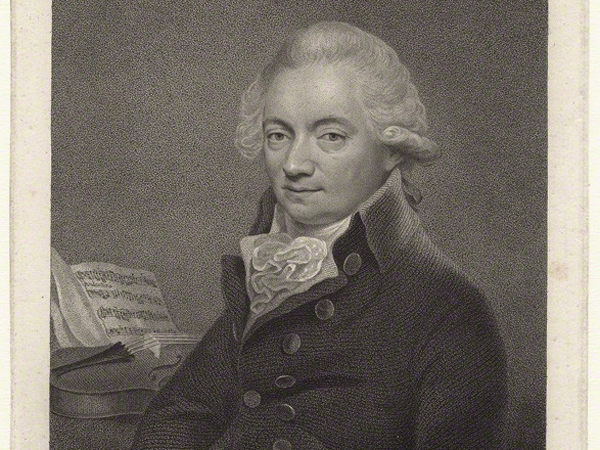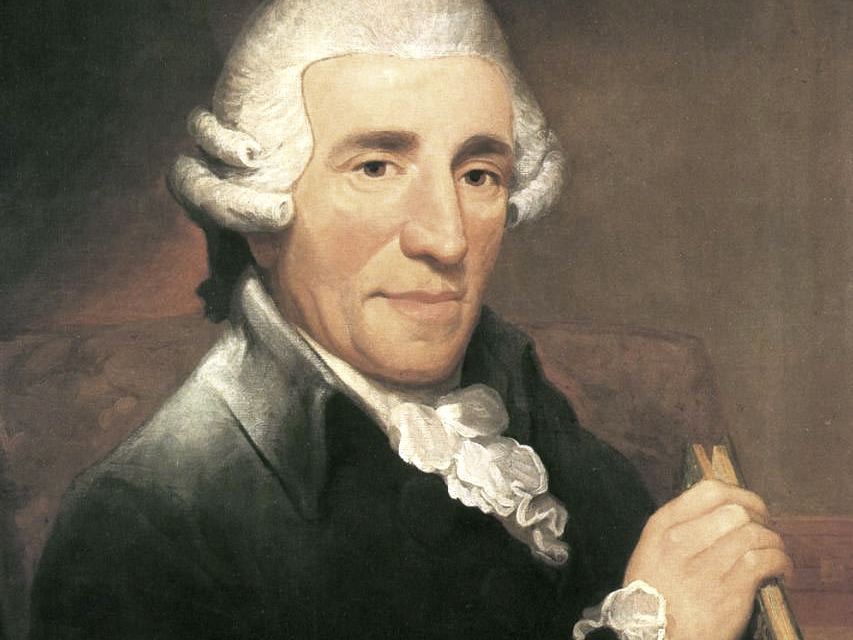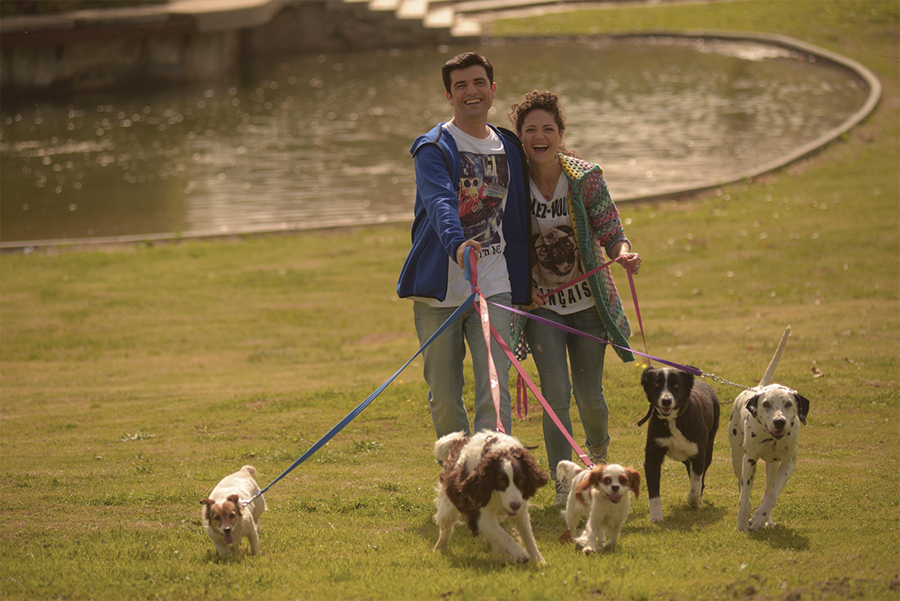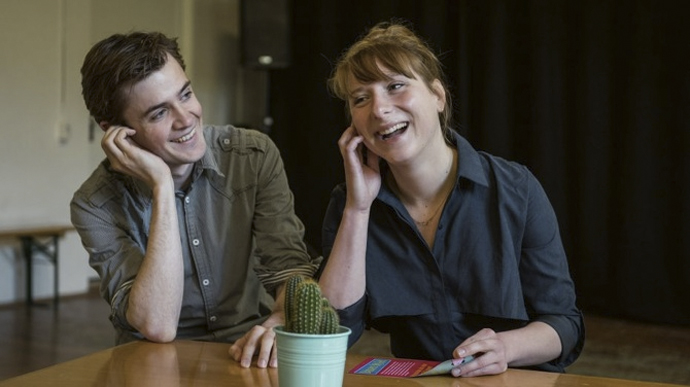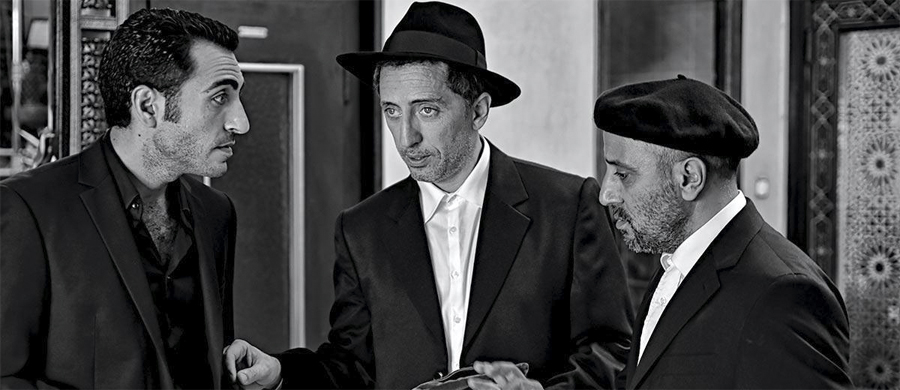 This is not where you will read erudite analysis or an account of a life, or even of the work. I am simply asking myself and others like me why we have been so profoundly affected by Leonard Cohen's words, music and life.
This is not where you will read erudite analysis or an account of a life, or even of the work. I am simply asking myself and others like me why we have been so profoundly affected by Leonard Cohen's words, music and life.
For a time now, aware that the man who told us all "I'm your man" was an octogenarian, I have been confiding that I hoped he would live to a great age because the world would be a poorer place without him. It was a better place with him in it. I think I feel this way because of the arc of his life, with its many pathways, both sacred and profane, as shared through his music, confided to me and so many others through his gorgeous, elegant poetry and lyrics.
The devout Jew engaged in an honest "I-Thou", one-to-one relationship with the God with whom he wrestles and may, like me, doubt, is also the apparently cheerful, though silent Buddhist. He was also the sublime lover, the dirty lover and the unfaithful lover; but a lover who was always as honest with his earthly lovers as with his God. I never met him but I'm convinced that he would have been the best of companions – despite the fug of tobacco smoke.
Returning to his Judaism, famously self-evident in Hallelujah and If It Be Thy Will, look closer and you will see how often he quotes not just from the scriptures (Old and New Testament) but also from prayers and writings central to the faith into which he was born. Who by Fire picks up powerfully, almost playfully – even blasphemously some might say – on “U-n’ tanneh tokef”, “Let us proclaim the holiness of this day”, an ancient liturgical poem describing the Day of Judgement, an important part of the High Holy Days Liturgy recited at Yom Kippur, the Day of Atonement, when God decides “who shall live and who shall die … who shall perish by water and who by fire…”.
And quoting the opening words of the Kaddish (prayer of mourning) in the title track of You Want it Darker, the album released shortly before his death, “Magnified, sanctified, be thy holy name”, is as much a part of his message that he is ready for imminent death as the words he repeats as a refrain, “Hineini, hineini I’m ready, my lord”. These words, which echo through the Torah from Genesis to Isaiah, are picked up by the cantor at his Montreal synagogue to end the song with a heart-stopping echo. How like Cohen not to go without leaving one last great legacy.
I hope to go into this in more detail in the next issue of Jewish Renaissance, comparing Cohen's lyrics with Nobel Laureate Dylan. But for now, rest in peace Leonard Cohen; z”l (zichrono livrakha – may his memory be a blessing)". You may have reached the age of 82, but for me, as for so many more, your death was untimely, though I'm sure you met it with your usual great grace, ready for this last new experience that you have written about with such beauty.


